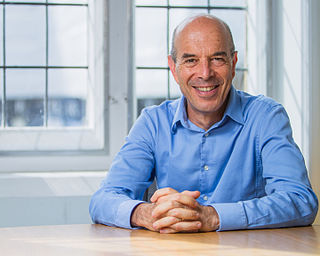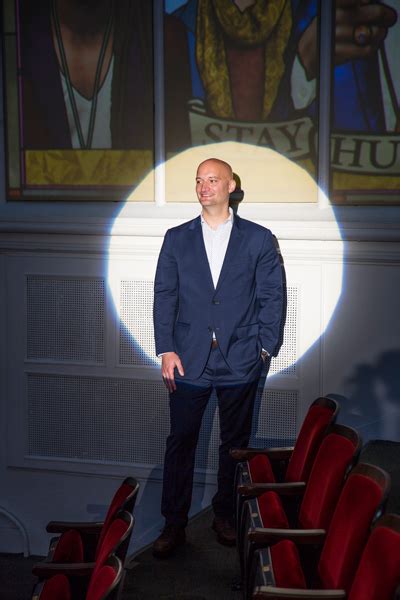A Quote by Bill Vaughan
Economics is the science which studies human behaviour as a relationship between ends and scarce means which have alternative uses.
Related Quotes
Economics is a theoretical science and as such abstains from any judgement of value. It is not its task to tell people what ends they should aim at. It is a science of the means to be applied for attainment of ends chosen, not, to be sure, a science of the choosing of ends. Ultimate decisions, the valuations and the choosing of ends, are beyond the scope of any science. Science never tells a man how he should act; it merely shows how a man must act if he wants to attain definite ends.
Economic control is not merely control of a sector of human life which can be separated from the rest; it is the control of the means for all our ends. And whoever has sole control of the means must also determine which ends are to be served, which values are to be rates higher and which lower, in short, what men should believe and strive for.
The dialectical critique of positivist habits of mind ... is interested only in behaviour which is 'important' to the actor; that is, behaviour which is emotionally charged to the degree that it is either frequently recalled, reflected upon, or day-dreamed about. ... That science which is less discriminating in the behaviour it chooses to investigate gains clarity and distinctiveness at the cost of confining itself to the trivial.
Economics and politics are so intertwined and interlinked that politics now, mainstream politics, extreme center politics, are little else but a version of concentrated economics. And this means that any alternative - alternative capitalism, left Keynesianism, intervention by the state to help the poor, rolling back the privatizations - becomes a huge issue. The entire weight of the extreme center and its media is turned against it, which in reality now is beginning to harm democracy.
No science of any kind can be divorced from ethical considerations... Science is a human learning process which arises in certain subcultures in human society and not in others, and a subculture as we seen is a group of people defined by acceptance of certain common values, that is, an ethic which permits extensive communication between them.
In most cases, to be reasonable means not to be obstinate, which in turn points to conformity with reality as it is. The principle of adjustment is taken for granted. When the idea of reason was conceived, it was intended to achieve more than the mere regulation of the relation between means and ends: it was regarded as the instrument for understanding the ends, for determining them.
Since education is not a means to living, but is identical with the operation of living a life which is fruitful and inherently significant, the only ultimate value which can be set up is just the process of living itself. And this is not an end to which studies and activities are subordinate means; it is the whole of which they are ingredients.































